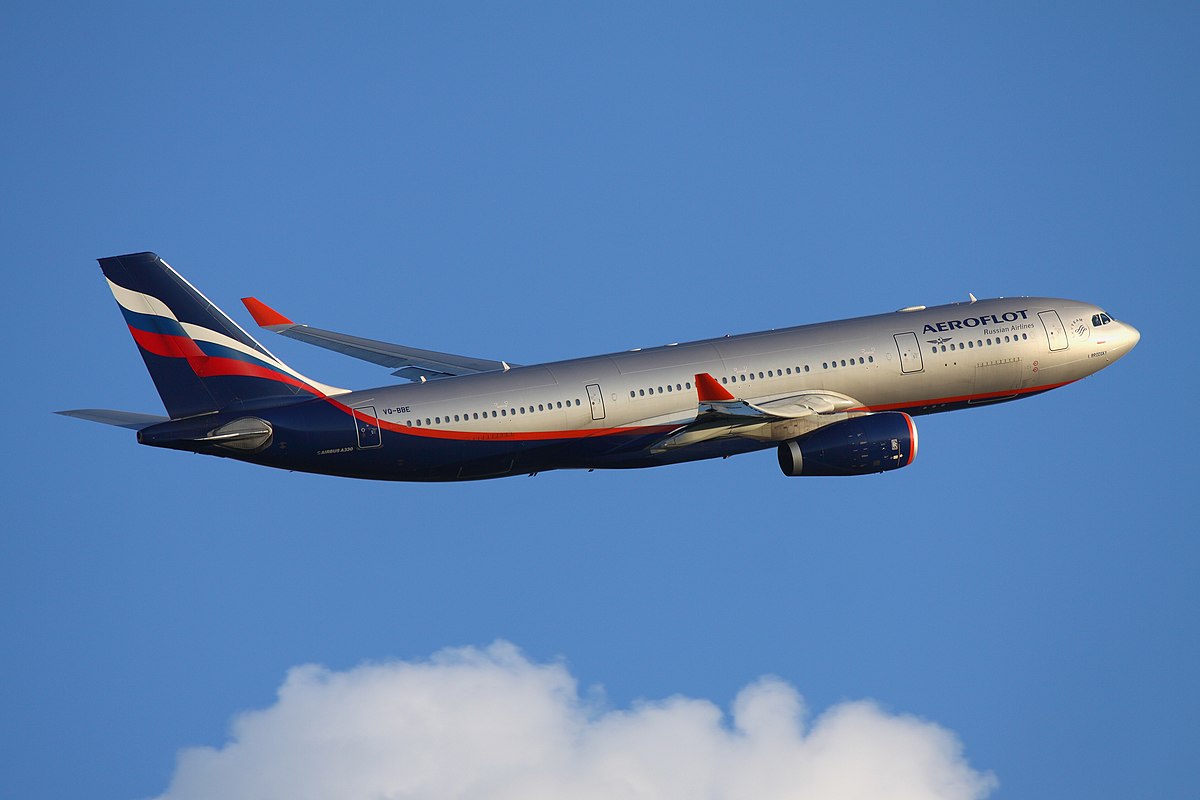 Aeroflot Flight out of Sheremetyevo Airport | Credit: Sergey Kustov
Aeroflot Flight out of Sheremetyevo Airport | Credit: Sergey Kustov
The New Russian Émigrés: Analyzing Departures From Russia
According to the United Nations, tens of thousands of Russians have left the country since the invasion of Ukraine. Russian statistics do not keep an accurate count of such departures. Still, this new wave of emigration comes on top of the two million estimated Russians who left Russia since Putin took power in 2000. These recent émigrés are leaving for countries where their passports still allow them to travel freely. While Russia is becoming deprived of its young talent in the short term, such emigration could have the unfortunate side effect of bolstering support for the regime as its most vocal critics leave the country.
Russian emigration has a long history dating back to the White Russians, who were tsarist sympathizers and former nobles that originally fought the Soviet Union but left as the Bolsheviks won the Russian Civil War. A Gallup poll found that a fifth of Russians want to emigrate, citing a desire for a better quality of life and economic opportunities even before the war. Nowadays, the reasons are political, including opposition to the ongoing war and increasing repression by the government. Those leaving are young, highly educated, and predominantly IT workers, allowing them to depart more quickly than others. So far, there is no data yet on how many Russians have left since the war began, but anecdotal evidence points to tens of thousands so far. Konstantin Sonin at the University of Chicago estimates 200,000 Russian departures in the first ten days of the war as those who can leave are choosing to before they are entirely cut off from the outside world.
Economically, this will harm Russia, given the loss of its youth talent in a country already facing demographic decline. The loss of essential tech workers dashes Russia’s hopes of developing a robust technology sector as essential workers and businesses move out of the country. This tech exodus follows sanctions that have crippled the Russian economy and the trove of foreign companies leaving the country. Russia’s tech sector will be diminished, as tech magazine Wired noted that this emigration wave could promote the consolidation of critical Russian tech firms such as Yandex and VK. Yet, a smaller Russian economy could encourage many to go abroad to seek opportunity, if not freedom.
While this emigration will harm the Russian economy, such a departure may not cause political instability for Putin’s government. Dissidents leaving the country can criticize Putin further than within Russia, but it is significantly harder to instigate a change in government from outside of the country than from within. The White Russians painfully learned this lesson as they never came close to destabilizing the Soviet regime despite attempts to ferment revolution from outside of the country. It is possible that exiled dissidents can harden stances against their former homeland, as seen with Cuban-Americans and their hostility towards diplomatic engagement with the communist government of Cuba. Yet even such a vocal constituency cannot change the political situation of their former country.
Russian émigrés can indeed be freer to criticize the government while abroad, but as fewer Russians who oppose the regime remain, the easier it is for Putin to crack down on the last embers of civic society. There are already signs that the government is bolstered by such departures, as the Russian people are now denouncing even the slightest criticism against the war, giving Putin his desired rally-around-the-flag effect. With dissidents either being imprisoned or exiled, President Putin may be able to remain in power despite economic sanctions and a deteriorating military situation.
Even if émigrés cannot change Russia from the outside, it does not imply that other countries should close the door to them. The new Russian émigrés’ unique skillsets in IT and languages allow them to better integrate into Europe than their previous counterparts. Russia’s loss of talented engineers will be hard to replace, hampering the economy and its cyber capabilities. Allowing them to resettle in Europe would also guarantee their safety. The thousands have jailed anti-war protestors with some social ostracization and intimidation from law enforcement. Though émigrés can speak more freely to oppose Putin, European governments shouldn’t expect dissidents to exert an effective opposition campaign outside of the country. Instead, it should view the sudden rise in departures as a barometer measuring conditions within the country. As conditions worsen within the country, more Russians will join the thousands that are already rebuilding their lives abroad.





